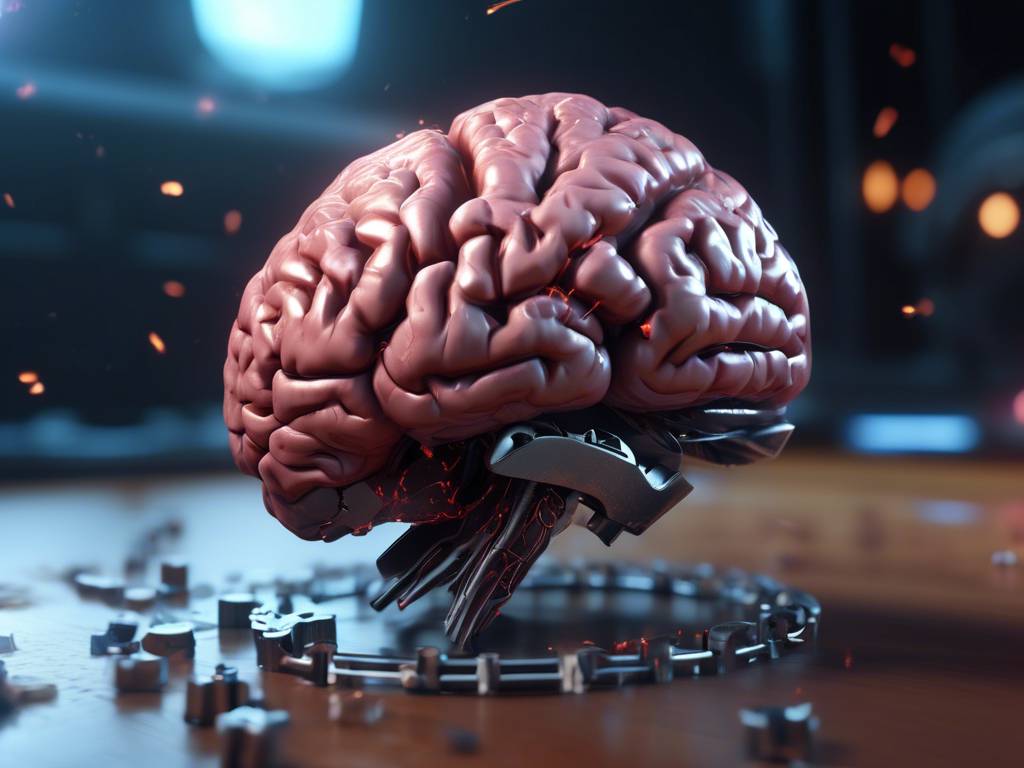Understanding the Psychological Impacts of Aggression
Aggression is a common phenomenon that surrounds us in various forms, from road rage to social media posts tagged with #rage. This aggressive behavior can sometimes feel satisfying, but have you ever wondered why? Recent reports suggest that people are increasingly experiencing stress and anger in today’s society. It’s essential to delve into the role of aggression in our lives to comprehend its impact on our mental well-being.
The Influence of Aggression on Brain Chemistry
- Aggression can trigger a surge of dopamine in the brain, leading to a sense of reward and pleasure.
- This surge of dopamine encourages individuals to engage in aggressive behaviors repeatedly.
- Aggression is linked to the brain’s reward system, where animals and humans alike seek out aggressive actions for various reasons.
Types of Aggression
- Proactive Aggression: Animals and individuals actively seek out aggression to achieve specific goals such as expanding territory or relieving stress.
- Reactive Aggression: This type of aggression is a response to a perceived threat or intrusion, leading to defensive actions.
Understanding Territorial Behavior
- Aggression is often tied to territorial instincts, where individuals defend their space from perceived threats.
- Animals mark territories to establish dominance and assert control over their environment.
- Feelings of anxiety can influence aggression levels, especially when navigating unfamiliar or contested territories.
The Role of Experience in Aggression
- Aggression levels are not fixed and can change based on individual experiences and environmental factors.
- Plasticity in aggression levels suggests that individuals can adapt and modify their responses to different situations over time.
- Understanding the triggers of aggression can help in developing interventions to prevent unnecessary violence.
Managing Aggressive Tendencies
Addressing aggression and finding healthy outlets for emotional expression are crucial for overall well-being. While short-term solutions like visiting a “Rage Cage” may offer temporary relief, long-term strategies such as meditation, therapy, or journaling can be more beneficial in managing anger and addressing underlying issues contributing to aggression. It’s essential to learn how to defend oneself appropriately while also seeking social support and positive reinforcements to redirect aggressive impulses.
Hot Take: Promoting Peaceful Solutions
Understanding the psychological roots of aggression can empower individuals to take control of their emotions and responses. By recognizing the triggers of aggression and implementing effective coping mechanisms, we can foster a more harmonious and peaceful society. It’s crucial to prioritize mental health and emotional well-being to promote positive interactions and mitigate the negative impacts of aggressive behaviors on ourselves and those around us.





 By
By
 By
By

 By
By
